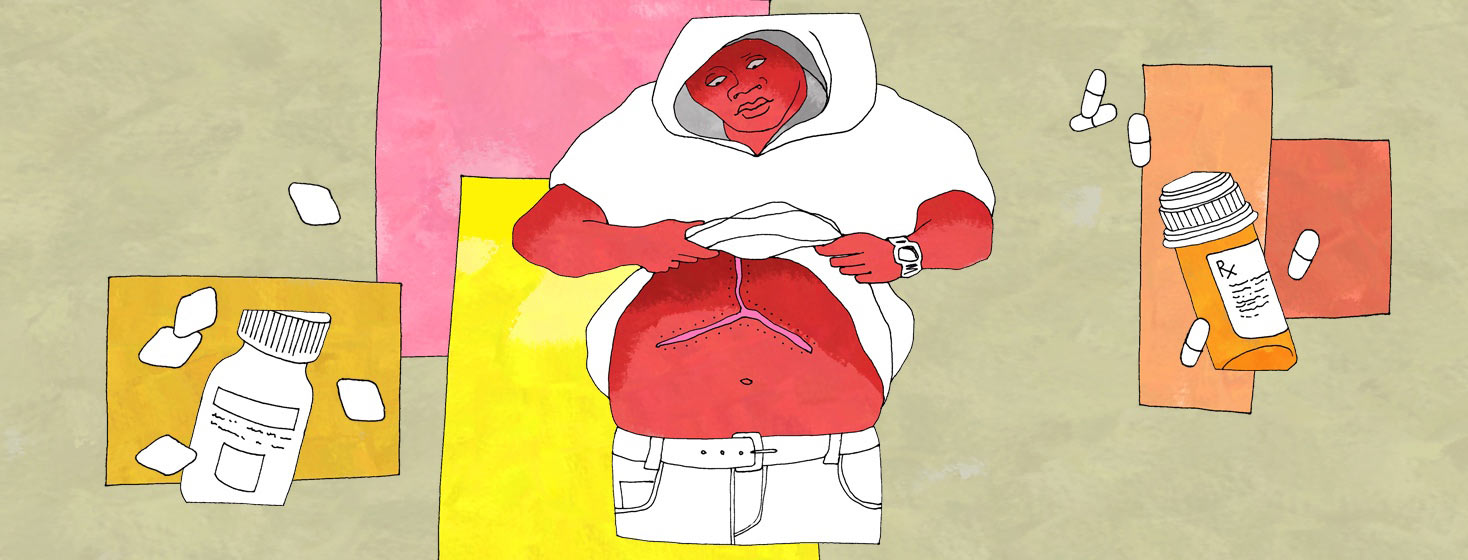Do I Have to Treat Hep C if I am a Candidate for Liver Transplant?
The idea of undergoing a liver transplant can be frightening; however, the idea of undergoing a liver transplant and being treated for Hepatitis C is enough to make anyone feel overwhelmed.
A common question for people who are candidates for a liver transplant is whether they are required to achieve a hepatitis C cure, also called sustained virologic response (SVR), before transplant.
Background
Cirrhosis, as an end result of hepatitis C virus, is one of the most common reasons for a liver transplant in adults in the United States.1 With the emergence of the direct-acting antivirals (DAA), there has been a reduction in transplant waitlists for hepatitis C-associated liver disease.
Achieving cure
The short answer is yes, achieving a hepatitis C cure is required either before or after a liver transplant. This is because a liver transplant alone does not eradicate the hepatitis C virus. Rather, the transplant helps deal with the consequences of the virus, which is cirrhosis. If hepatitis C is not treated, then it is highly likely that the newly transplanted liver will fail as well.
Treating before or after transplant
Ultimately, the physician will provide the best recommendation whether treatment for hepatitis C should be started before or after transplant. The advantage of achieving a cure prior to transplant is that it extends the life of the newly transplanted liver. This is because re-infection of the transplanted is less likely if a cure is achieved prior to transplant. However, sometimes, post-transplant treatment makes more sense for an individual. The timing needs to be optimized depending on various factors:2
- Treatment options - Some treatments for Hepatitis C are not recommended in people with end-stage cirrhosis and/or severe renal disease. For these people, it may be more sound to delay the treatment until after the transplant to allow for more treatments options.
- Cure potential - Those with more advanced liver disease, for example Child Pugh class C cirrhosis, are less likely to achieve SVR. Treating hepatitis C post-transplant to increase the likelihood of achieving a SVR may be a better approach in these cases.
- Time to transplant - Time to transplant may be reduced for people who don’t receive treatment for Hepatitis C prior to transplant. Generally, people who achieved SVR are not recommended to receive a transplant from a liver infected with Hepatitis C. HCV-infected livers are more available and time to transplant is less compared to livers free of Hepatitis C. Furthermore, studies have shown that there does not appear to be a difference in survival after transplant in people infected with Hepatitis C who received an infected liver compared to those who received a non-infected liver.
Pre-and post-transplant antiviral therapy
Everyone who is a candidate for a liver transplant should have a plan to be treated for hepatitis C either before or after transplant. DAA therapies are safe, effective, and are optimal choices for treatment in either of these cases. However, for those receiving therapy post-transplant, it is important to take note of the various drug interactions that can occur. Drug interactions are common between transplant medications, also called immunosuppressive medications, and DAA therapies.
Undergoing both hepatitis C treatment and liver transplant is likely to be an overwhelming experience. Stay connected with others going through a similar situation and seek support from your loved ones. There is hope at the end of the journey!

Join the conversation